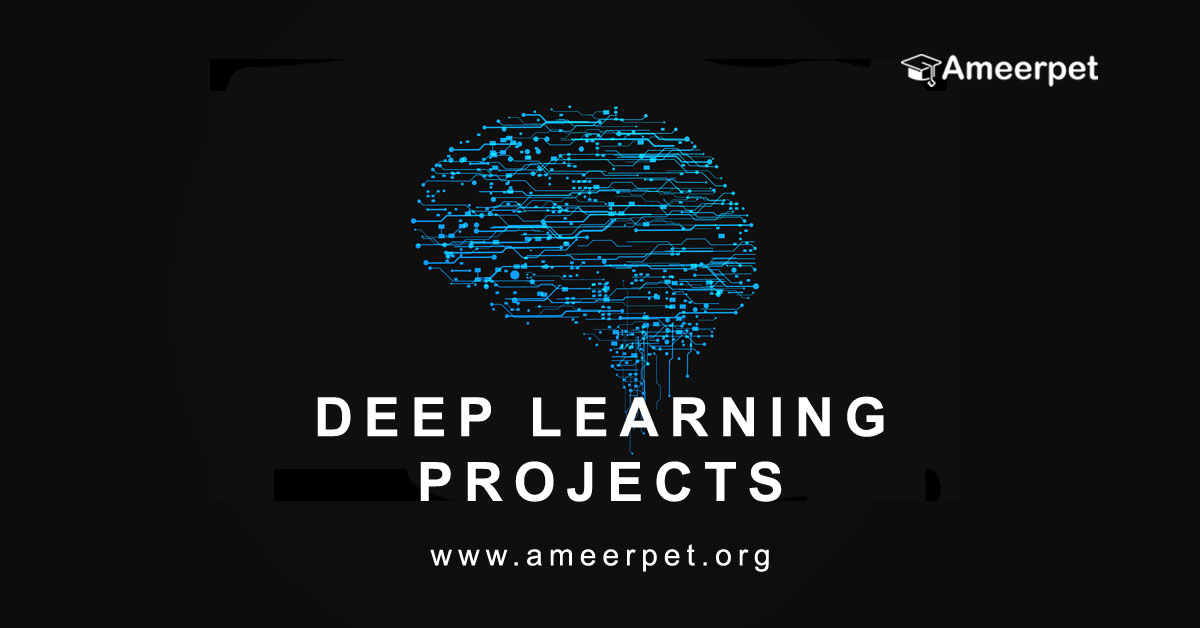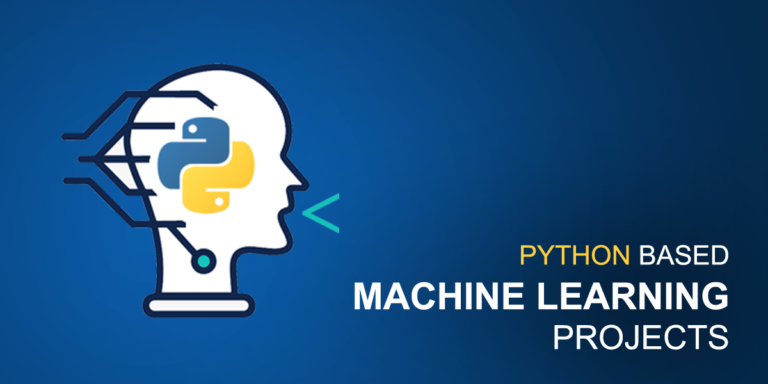
Abstract:
Globally, shared e-mobility services have been tested and integrated into modern urban planning. This paper addresses a practical but crucial issue in those systems: how to deploy and manage their infrastructure across space and time to make services ubiquitous and profitable. Real-world systems cannot afford many trial-and-error iterations to evaluate deployment strategies and find the best one. We design a high-fidelity simulation environment that abstracts the key operation details of the shared e-mobility systems at fine-granularity and calibrates using real-world data. This lets us test any deployment plan in a specific context before implementing it in real-world systems. We propose a novel multi-agent neural search approach that uses a hierarchical controller to generate tentative deployment plans. A multi-simulation paradigm is used to test the deployment plans in parallel and train the controller with deep reinforcement learning. This closed loop allows the controller to generate better deployment plans in future iterations. Our simulations show that the proposed approach outperforms baselines like human knowledge and state-of-the-art heuristic-based optimization approaches in service coverage and net revenue.
Note: Please discuss with our team before submitting this abstract to the college. This Abstract or Synopsis varies based on student project requirements.
Did you like this final year project?
To download this project Code with thesis report and project training... Click Here

